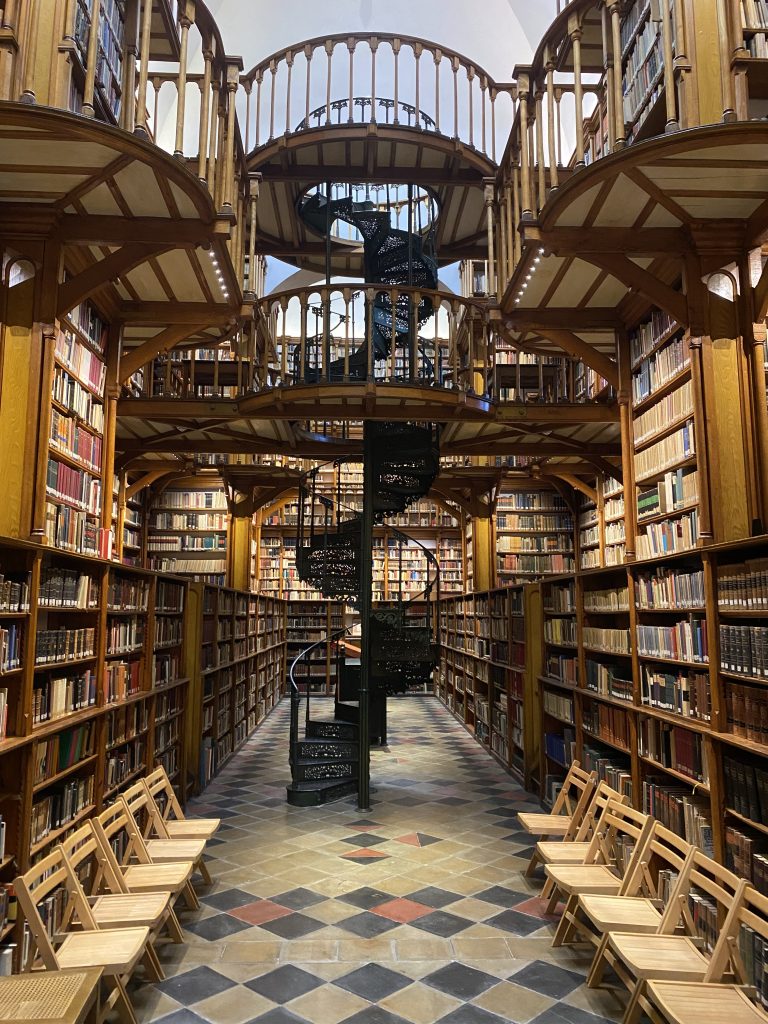
Prospective memory
We think of the eighth century as a dark age. Out of this supposed darkness shines the Venerable Bede. Notker of St Gallen, who lived 200 years later, likened Bede to a new sun God had caused to rise, not in the East, but in the West, to illuminate the world. Bede was not an ambulant preacher with a great propaganda machinery. He was a monk who lived in peaceful stability in his Northumbrian monastery, where he was deeply content. How did he help England’s Church to find a way into the future? By engaging with the past. Bede was a careful historian, analytic in his reading of source. At the same time he read the chronicle of mankind in a supernatural, Biblical perspective. He knew that God reveals himself and acts through history; therefore history is a branch of theology. Our time is strangely historyless. What concerns us are the signs of our time. We keep assuming that some categorical rupture frees us from past experience, that the past is an encumbrance. Is that not a mark of presumption? Are not we the ones tumbling into a new Dark Age without clear points of reference? Bede offers us an alternative model of life and thought, far fresher and livelier than our weary, unanchored, hopeless postmodernism.
